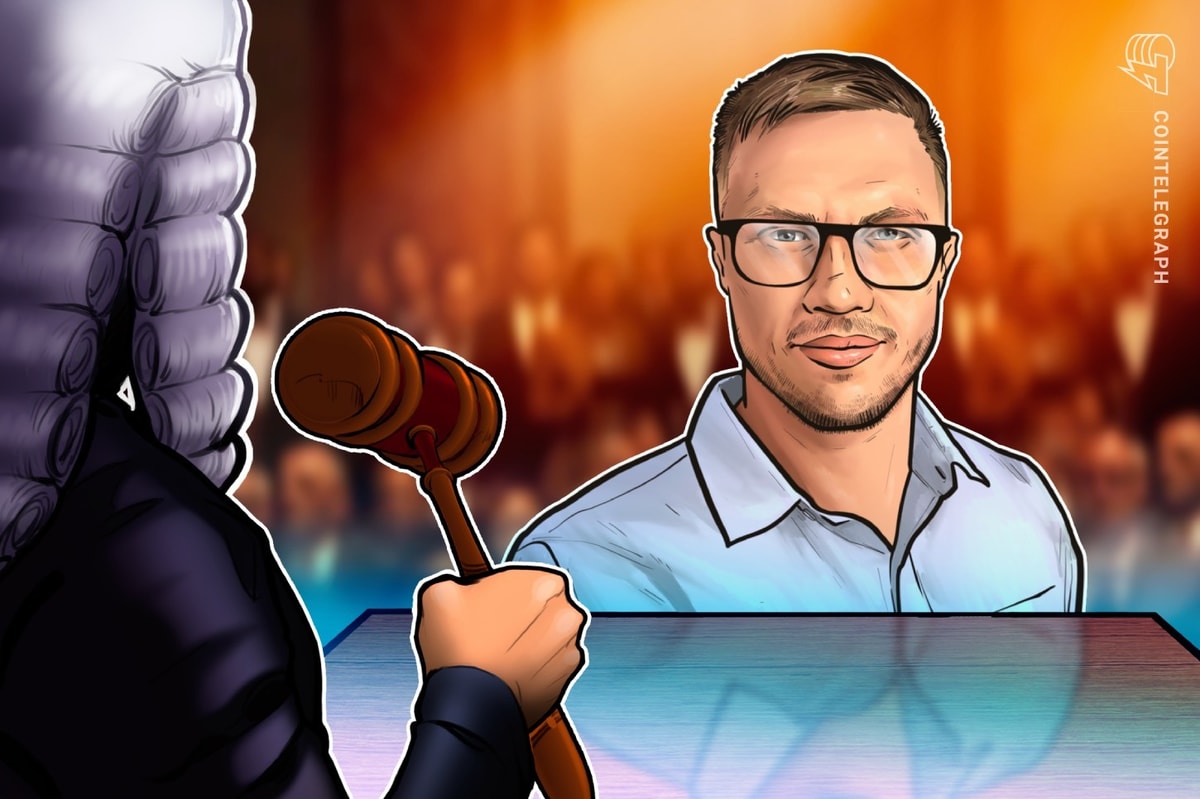Prosecutors Link Roman Storm to DPRK Hackers in Trial Opening Statements
The highly anticipated trial of Tornado Cash co-founder and developer Roman Storm has officially kicked off in the US District Court for the Southern District of New York. As the jury selection process came to a close, prosecutors and defense attorneys delivered their opening statements, setting the stage for a complex and potentially precedent-setting case that could have far-reaching implications for the crypto and blockchain industry.
A Crucial Moment in Crypto History
According to reports from Inner City Press, US prosecutors focused their opening statement on attempting to link Storm to North Korean hackers using Tornado Cash to launder funds, in violation of US sanctions. The Lazarus Group was allegedly behind a 2022 hack of the Ronin Bridge, which removed approximately $600 million in crypto.
Assistant US Attorney Kevin Mosley reportedly stated that Storm was "profiting from a giant washing machine for dirty money." He added: "Mr. Storm had choices. Once he learned he was washing money for criminals, he still chose to commit crimes. He continued."
A Concerned Industry Watches
The criminal trial has attracted attention from significant figures in the crypto and blockchain industry, likely concerned with the impact any judgment would have on developers looking to code and create new products.
While Storm appeared in US federal court, his indicted colleague, Roman Semenov, was still at large at the time of publication. The trial's potential outcome has sparked a mix of concerns and interest among industry insiders, with many keeping a close eye on the proceedings.
The Defense Takes Its Stand
Storm's legal team reportedly argued in its opening statements that Tornado Cash was "a privacy protocol freely available to everyone" and the developer shouldn't be held criminally responsible for others using it to launder illicit funds.
The US prosecutors objected twice during the opening statement in response to hypothetical references to the physical safety of users. Storm's lawyer, Keri Axel, stated: "Roman had nothing to do with the hacks. The government's case is entirely based on that Roman should have done something about these pools. But he couldn’t."
The Trial Continues
The trial was ongoing at the time of publication, with the government calling its first witnesses. According to Storm, the proceedings could last approximately a month.
As the trial progresses, it will be crucial to follow the developments and see how the evidence unfolds. The outcome of this case has significant implications for the crypto and blockchain industry, and it remains to be seen how Roman Storm's fate will be decided.
